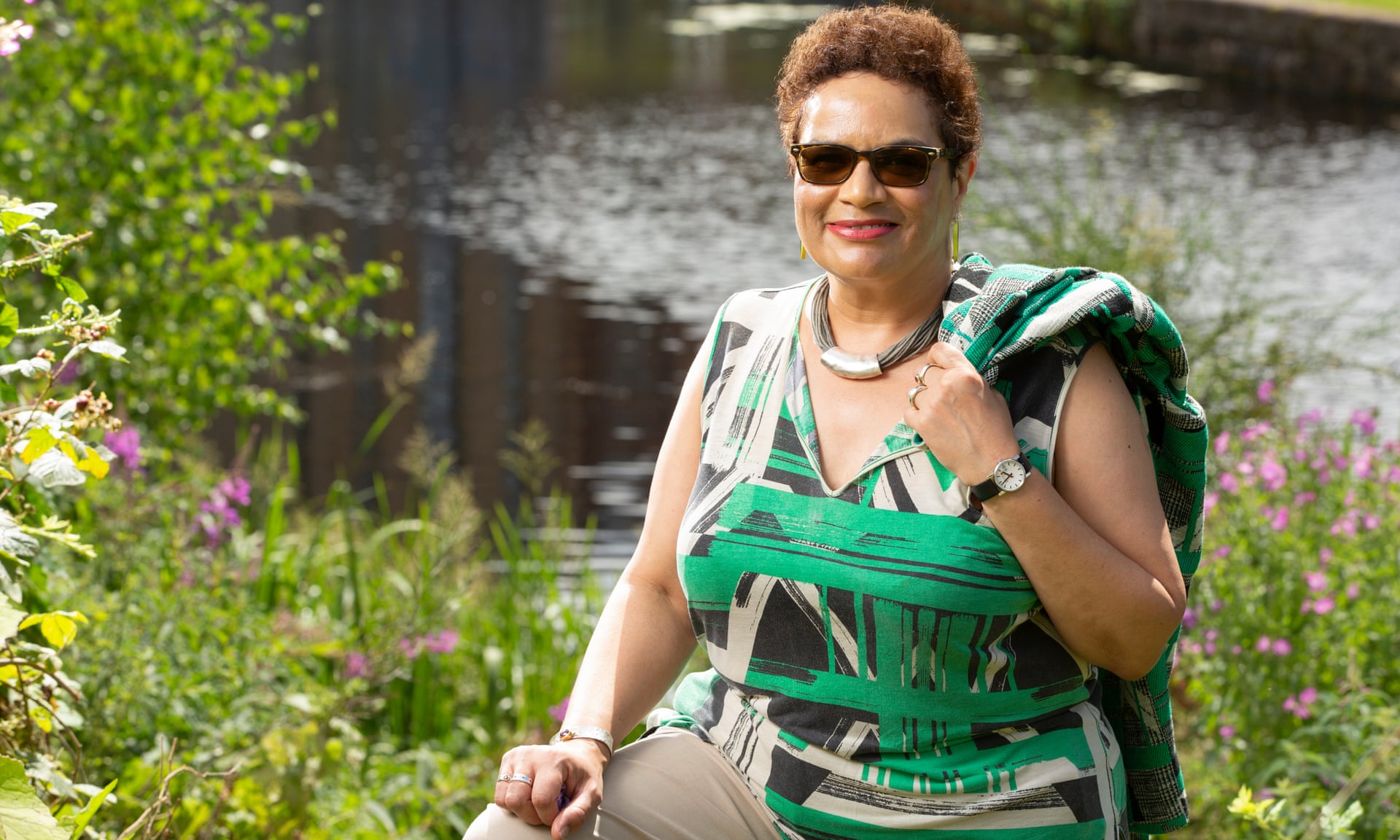Multiracial Campus Professionals’ Experiences with Racial AuthenticityPosted in Articles, Campus Life, Media Archive, United States on 2019-08-25 20:09Z by Steven |
Multiracial Campus Professionals’ Experiences with Racial Authenticity
Equity & Excellence in Education
Published online: 2019-08-02
DOI: 10.1080/10665684.2019.1631232
Jessica C. Harris, Assistant Professor of Higher Education and Organizational Change
University of California, Los Angeles
Utilizing critical Multiracial theory, this study explores how Multiracial campus professionals’ experiences with racial authenticity influence their work in postsecondary contexts. Three themes were generated from 24 Multiracial campus professionals’ narratives, including encountering racial authenticity tests, navigating the authenticity trap, and Black Lives Matter and professionals’ internalization of racial authenticity tests. This study explores how Multiracial professionals’ experiences with racial authenticity often constrain their ability to foster inclusion and educational equity on campus and mediates their connections with students and colleagues.
Read or purchase the article here.


